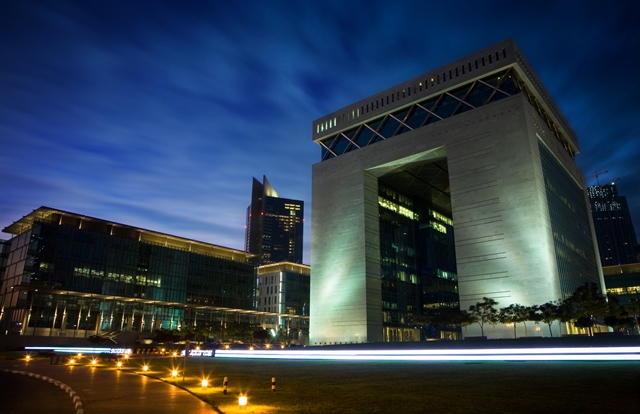This content has been archived. It may no longer be relevant
The Dubai International Financial Centre Authority has enacted a new IP law aimed at fostering innovation and improving the protection and enforcement of IP rights. On 21 November 2019, His Highness Sheikh Mohammed Bin Rashid Al Maktoum, Vice President and Prime Minister of the UAE and Ruler of Dubai, enacted a new Intellectual Property Law (Law No. 4 of 2019, the DIFC IP Law). The key aspects of the new DIFC IP law, which has been drafted to align closely with international treaties, such as the Agreement on Trade-Related Aspects of Intellectual Property Rights (TRIPS), are highlighted below.
1. Wide-ranging intellectual property law
The DIFC IP Law supplements existing federal IP laws already in force in the UAE and aims to unify the enforcement of IP rights in the DIFC. The law covers all aspects of IP enforcement and introduces enforcement channels for all IP circuits. The overall goal of the law is to increase the protection for IP rights owners in the DIFC, and the UAE more generally, and to create a safe environment for creativity and innovation within the free zone. The law further clarifies the specific routes of enforcement accorded to the various IP rights and sets out how these differ creating increased legal certainty and predictability.
2. Recognition of UAE IP rights
Notably the new law does not create any new IP Offices but instead provides for the recognition of UAE registered IP rights in the DIFC, including recognition of UAE registered patents, utility certificates, industrial designs and drawings, copyrights, trademarks, trade names and trade secrets.
3. Employee creations and inventions
Reflecting its aim to foster innovation, the new law helpfully clarifies the legal position concerning the ownership of copyright and inventions created by employees.
The DIFC IP Law presumes employer ownership of copyright in respect of works created by an employee within the scope of their employment or while using the employer’s knowhow and resources. This is in contrast to the position under the UAE Federal Copyright Law where the employer’s ownership of copyright is not presumed and ability to assign ownership in future works is also restricted.
Similarly, the DIFC IP Law also provides for employer ownership of patents subject to the invention being created within the scope of an employee’s employment.
In the event that an invention is created outside the scope of employment but relates to the employer’s business and is created using the employer’s knowhow and resources, the invention will still belong to the employer. However, in this case, employers should be aware that the employee may be entitled to “fair compensation” for the invention, taking into account the employee’s remuneration, the invention’s economic value and the benefits to be gained by the employer from the invention.
To view the full alert, please click here or the Download Article button.
Please feel free to contact our UAE IP team below or your usual Baker McKenzie contact.

